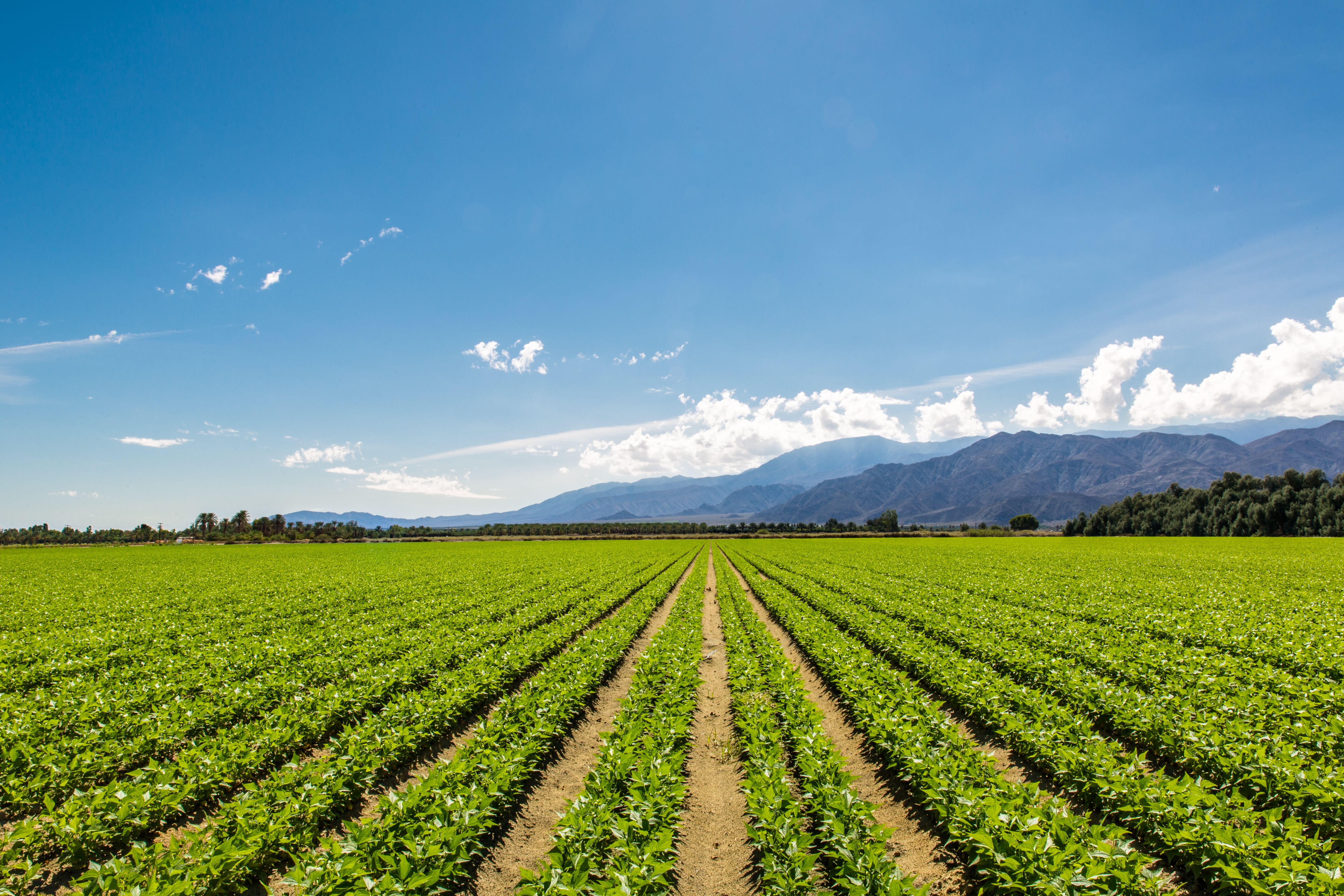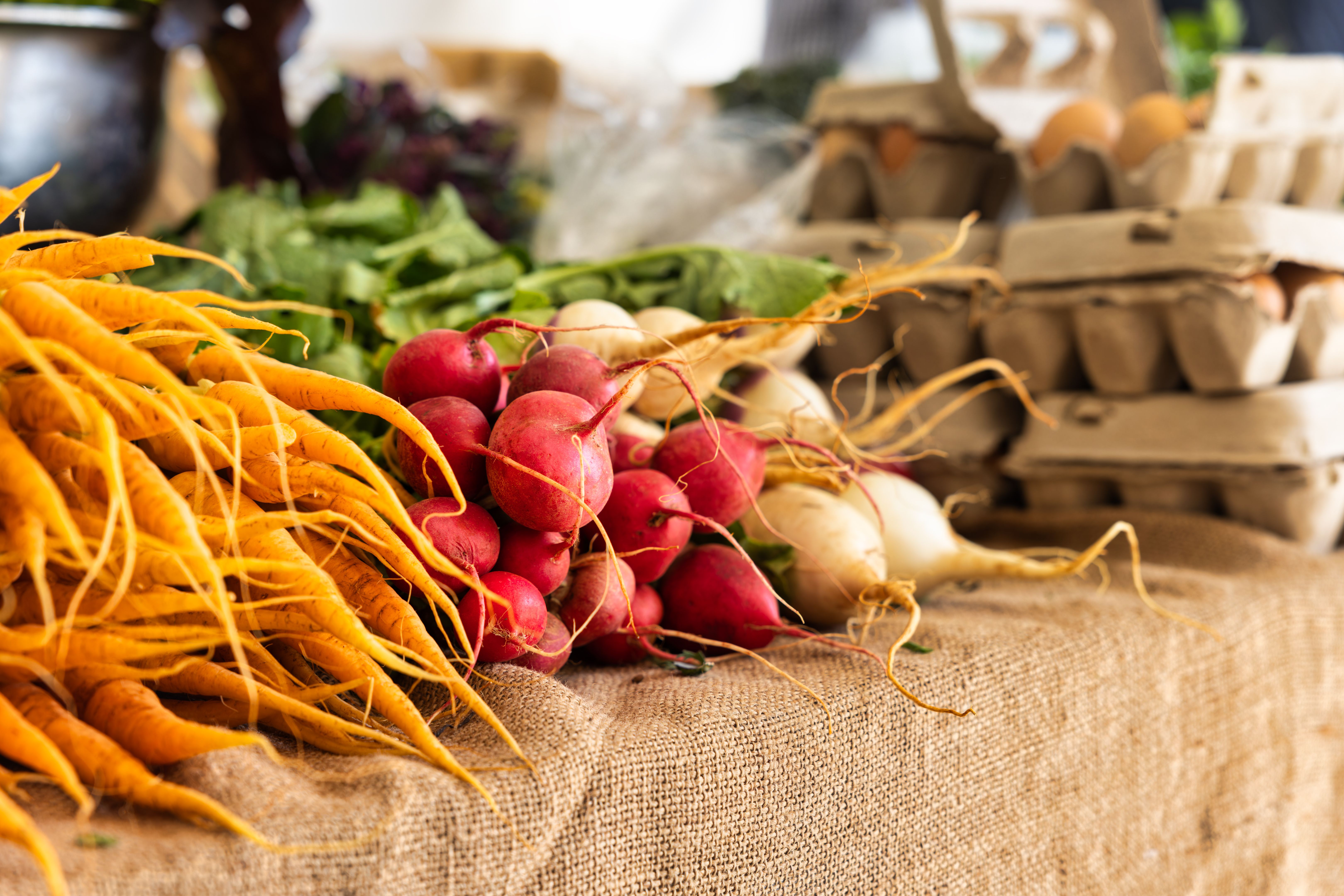Debunking Myths: The Truth About Organic Farming with Tieu Sai Trung Agricultures
Understanding Organic Farming
Organic farming has become a buzzword in recent years, often surrounded by a mix of enthusiasm and skepticism. At Tieu Sai Trung Agricultures, we are committed to providing clarity on what organic farming really entails and dispelling some of the myths that have grown around it. Our mission is to ensure that consumers understand the true benefits and challenges of organic agriculture.

Myth 1: Organic Farming Uses No Pesticides
One of the most common misconceptions is that organic farming is entirely pesticide-free. While it's true that organic farmers avoid synthetic pesticides, they do use natural alternatives. These include substances derived from plants, minerals, and other naturally occurring materials. The key difference is that organic farming emphasizes the use of environmentally friendly methods.
At Tieu Sai Trung Agricultures, we prioritize integrated pest management strategies that rely on natural predators and crop rotation to minimize pest issues without relying heavily on chemical interventions.
Myth 2: Organic Farming Can't Feed the World
Another prevalent myth is that organic farming cannot produce enough food to meet global demands. However, research suggests that with proper management, organic systems can be just as productive as conventional ones, especially when considering long-term sustainability. This is because organic farming focuses on soil health, which enhances productivity over time.

Furthermore, organic practices often improve biodiversity and ecosystem health, leading to more resilient agricultural systems. Tieu Sai Trung Agricultures is dedicated to demonstrating how organic methods can be scaled efficiently to contribute significantly to global food security.
Myth 3: Organic Products Are Always Healthier
Many consumers believe that organic products are inherently healthier than their conventional counterparts. While it's true that organic foods tend to have lower pesticide residues, the nutritional differences between organic and non-organic foods are often minimal. The health benefits of consuming organic products are more closely related to environmental impact than direct nutritional advantages.
At our farms, Tieu Sai Trung Agricultures ensures that our organic produce meets high-quality standards, offering consumers a choice that supports both their health and the well-being of the planet.

The Environmental Impact of Organic Farming
Organic farming is often touted for its environmental benefits, which include improved soil health, reduced pollution, and enhanced biodiversity. By avoiding synthetic fertilizers and pesticides, organic farming reduces chemical runoff into water systems and lowers the risk of soil degradation.
Our commitment at Tieu Sai Trung Agricultures is to continuously innovate in our farming practices to maximize these environmental benefits while maintaining productivity and quality.
The Future of Organic Farming
As interest in sustainable agriculture grows, more consumers are turning to organic products. The future of organic farming looks promising, with advancements in technology and sustainable practices paving the way for increased efficiency and accessibility.
Tieu Sai Trung Agricultures is at the forefront of this movement, advocating for policies and practices that support organic farming's growth while ensuring it remains a viable option for farmers worldwide.